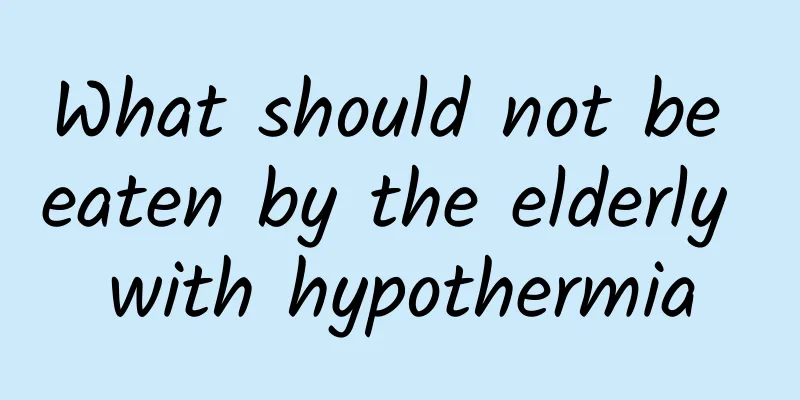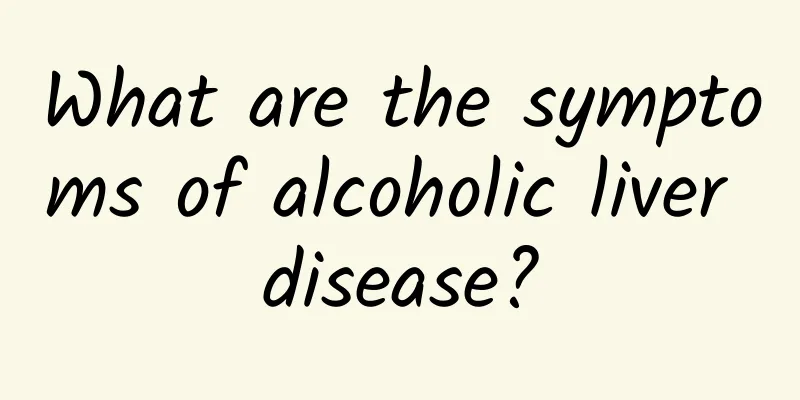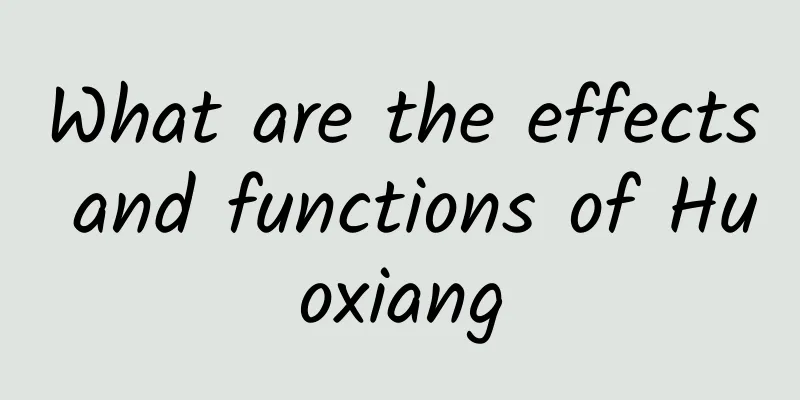What should not be eaten by the elderly with hypothermia

|
Because of their age, the health of the elderly is not as good as before, which is actually an inevitable trend of human development. When people get older, their bodies are definitely not as good as before, and various diseases will follow. For example, hypothermia in the elderly. Many people may not know the name of this disease, but hypothermia in the elderly does exist. So, what foods can't the elderly with hypothermia eat?
Many people are very eager to know the answer to this question, including patients with elderly hypothermia. There is currently no specific medicine for the treatment of hypothermia in the elderly, so while patients are taking medication, they should also pay attention to their daily diet, because some foods will aggravate the condition. Below is a detailed introduction to the foods that the elderly with hypothermia should not eat. Hypothermia in the elderly refers to a state in which the deep body temperature (rectum, esophagus, tympanic cavity) is lower than 35°C. The causes of hypothermia include heat production disorders, such as hypothyroidism, and excessive heat dissipation, such as prolonged exposure to low temperatures. The body temperature of the elderly may not rise due to insufficient nutrition and calories, poor temperature regulation function, insufficient insulation, illness, etc. Causes 1Exogenous factors The causes of accidental hypothermia can be divided into external and internal factors. The most important ones are exogenous factors, namely exposure to cold environment or drowning in cold water. In addition, insufficient heat supply, as well as windy and humid climates can increase body heat loss through convection and evaporation, respectively. 2 Internal factors Internal factors are extremely important for elderly patients with hypothermia, and can be divided into physiological and pathological causes. That is, physiological dysfunction of temperature regulation and various accompanying underlying diseases and drugs that reduce heat production are important causes of accidental hypothermia in the elderly. (1) Physiological reasons: The human body temperature can be kept constant by maintaining a balance between the generation and dissipation of heat in the body through physiological regulation. When the human body is in a cold environment, on the one hand, the body excites the sympathetic nerves through the hypothalamic temperature regulation center, which speeds up the heart rate and constricts the skin blood vessels to conserve body heat; on the other hand, it induces muscle chills (immediate reaction) and promotes the secretory function of the thyroid and adrenal glands (delayed reaction) to increase heat production. In the elderly, the above-mentioned autonomic temperature regulation function is impaired, which is manifested as a decrease in the skin's vasoconstriction response to cold, or even no response, and an abnormal peripheral blood flow pattern (the peripheral blood flow is reduced at rest and may be <5ml/100ml hand tissue/min, while it does not decrease in normal people). The skin's ability to distinguish temperature also decreases. For example, young people's fingers can distinguish temperature differences of <1°C, while the elderly's fingers can only distinguish temperature differences of >2°C. Some people cannot even perceive temperature differences of more than 5°C. This physiological disorder of temperature regulation is what makes the elderly more susceptible to accidental hypothermia. (2) Pathological causes: Although the elderly may suffer from primary accidental hypothermia due to being in a cold environment and physiological disorders of body temperature regulation, pathological causes, namely secondary hypothermia, are more common. Many important underlying diseases can cause secondary hypothermia. Foods that cannot be eaten by elderly people with hypothermia are as follows: Sheep fat It contains relatively high levels of unsaturated fatty acids, which are not easily digested and utilized. It can also increase the burden on new blood vessels and easily induce the formation of blood clots. It is advisable to eat vegetable oil. watermelon Cold foods can induce thrombosis in the body and are not conducive to the relief of hypothermia. It is advisable to eat foods with warm nature and flavor, such as pumpkin. Ice water It is an absolutely cold food and patients with this disease should avoid it even in summer. It is better to drink warm water or light tea. Through the detailed introduction above, we not only understand the causes of hypothermia in the elderly, but more importantly, we also know the foods that the elderly with hypothermia cannot eat. In fact, as mentioned above, the foods that the elderly with hypothermia cannot eat are mainly: high-fat foods, cold foods, etc. Our elderly patients with hypothermia must pay strict attention to these in their daily lives, because if they are not careful, they will aggravate their condition. |
<<: What to eat when elderly people fall
>>: What to eat for elderly people with fecal incontinence
Recommend
Why are both legs sore?
Many people suffer from leg pain, which may be ca...
Difference between angina pectoris and myocardial infarction
In today's society, people all have one disea...
Polyps of primary molars
Deciduous molar polyps are actually gingival poly...
What to do if the neck is red and swollen by insects
In the hot summer, mosquitoes are more rampant. W...
Symptoms of zinc deficiency
With the increase in television commercials, peop...
What are the symptoms of severe iron deficiency?
I believe that many people use iron pans for cook...
What are the disadvantages of men eating loofah?
Luffa is a relatively common vegetable with high ...
Will taking too many birth control pills make you fat?
People who use contraceptives for a long time nee...
Fever and cervical pain
Fever is a symptom of disease that many people wi...
Is it onychomycosis if the toenails are hollow?
If there are symptoms of hollowness inside the to...
Occasional nipple discharge
Occasional nipple discharge is actually a very co...
What is embarrassment phobia? Causes of embarrassment phobia
Embarrassment phobia is one of many types of phob...
Papular urticaria
Papular urticaria is a very common skin disease a...
14 weeks pregnant yellow vaginal discharge
When people are healthy, women will feel somethin...
What is the normal color of urine?
Human urine is actually colored. Bad eating habit...









